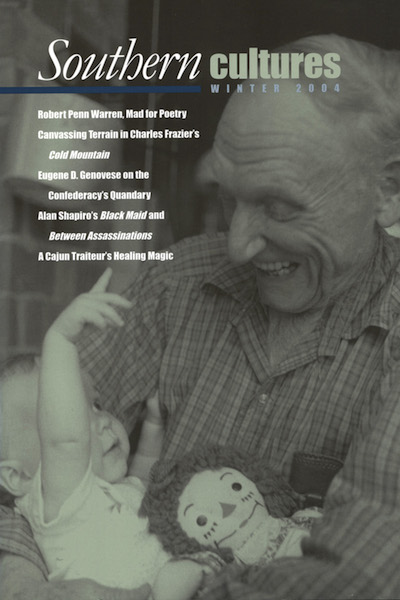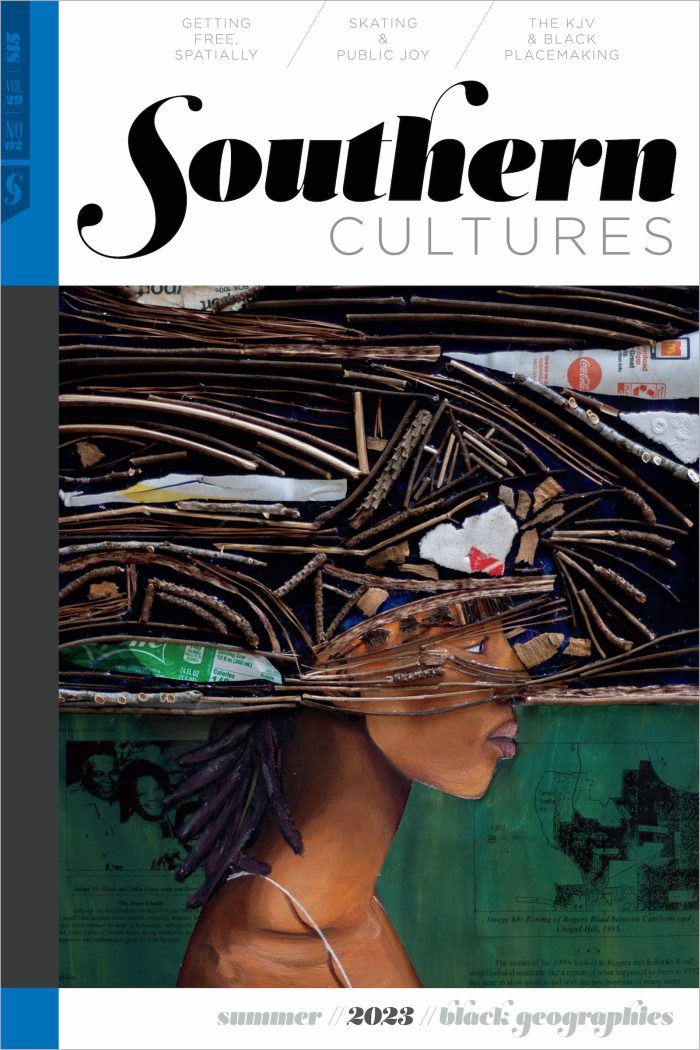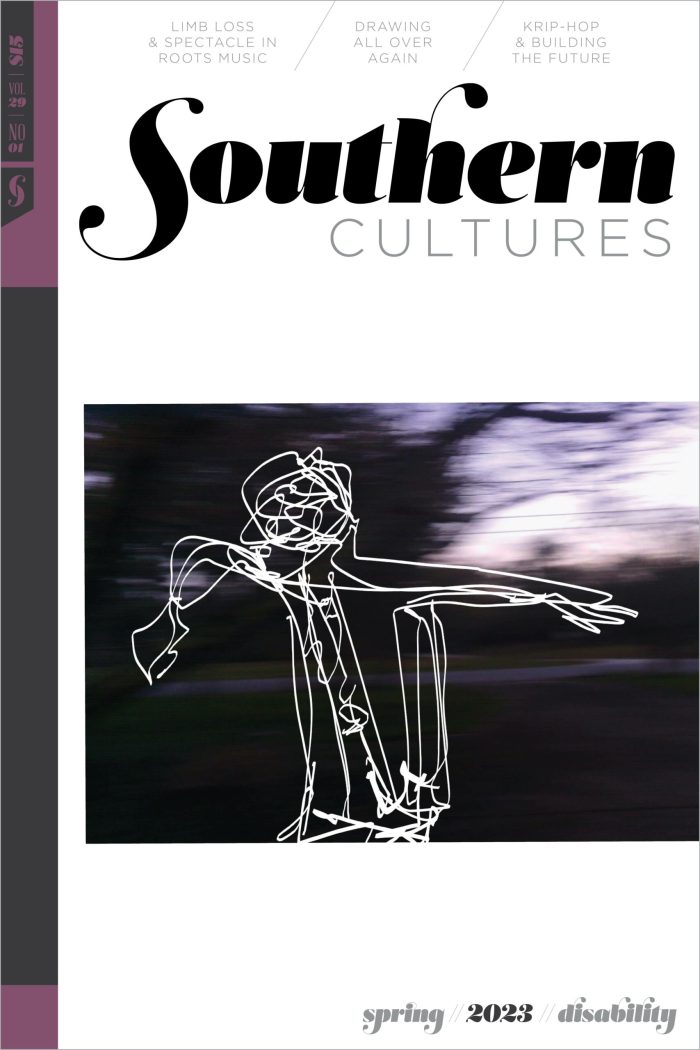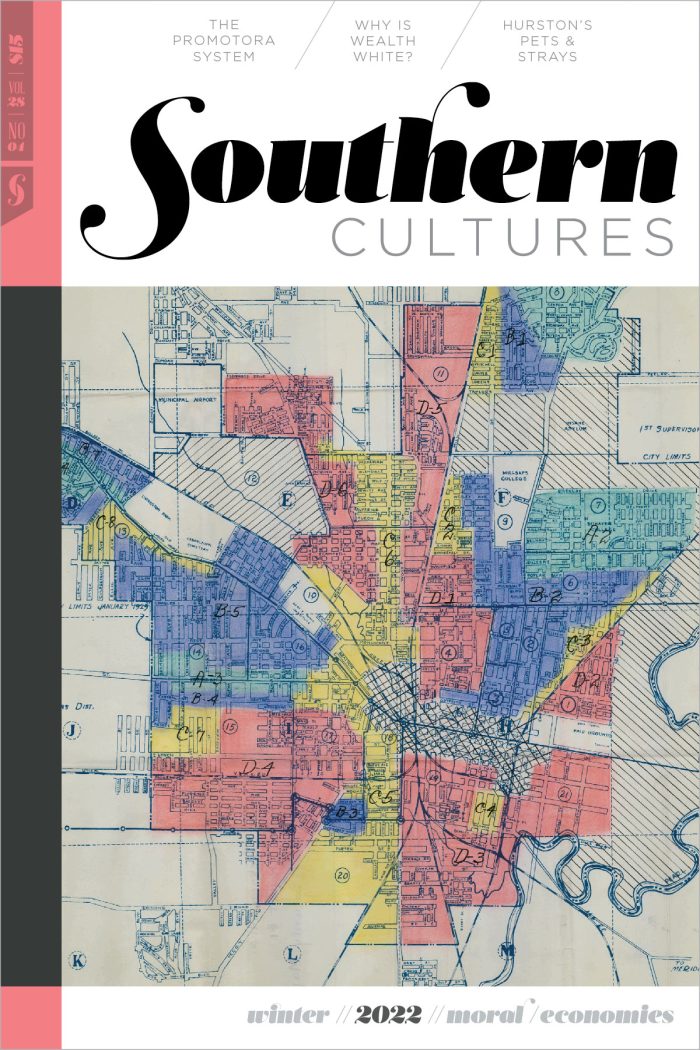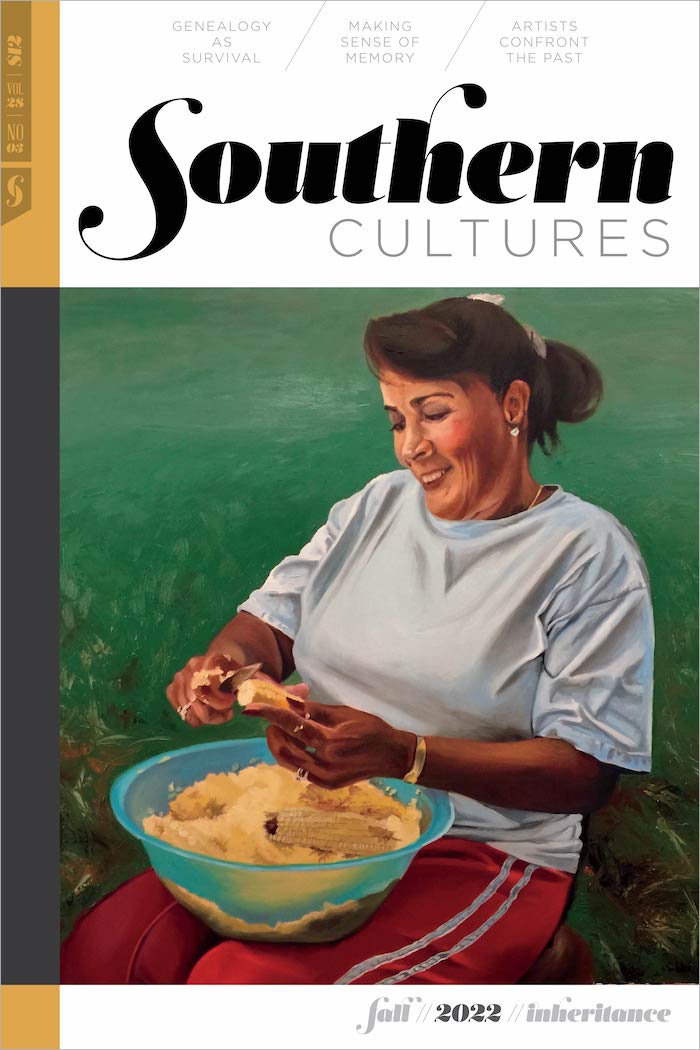BUY ACCESS
by Harry L. Watson
“Who could miss the blood-pounding rush of events that awful spring, with the bands playing, the girls cheering, elders looking proud and tearful, as scowls of disapproval already darkened against ‘tories’ and shirkers?” Robert Penn Warren is one of the unquestioned giants of twentieth-century southern culture. Poet, novelist, and reporter, he emerged as a younger »
BUY ACCESS
by William R. Ferris
“I said, ‘Couldn’t we go a little slower?’ And he said, ‘With a white man sitting in this front seat with me? You won’t catch me going less than ninety miles an hour. Mister, you’ll just have to take it. I’m saving your life.'” By any measure Robert Penn Warren is one of America’s most »
BUY ACCESS
by Albert Way
“It has been more than seven years since the publication of Charles Frazier’s Cold Mountain, and it has become nothing short of a phenomenon.” It has been more than seven years since the publication of Charles Frazier’s Cold Mountain, and it has become nothing short of a phenomenon. The paperback edition continues to sell, the »
BUY ACCESS
by Eugene D. Genovese
“If southerners did not live up to Christian standards in their daily lives and, in particular, bring slavery up to Abramic standards, they warned, a wrathful God would use the heathen Yankees, as He had used heathens of yore, to smite his Chosen People.” The dream. The slaveholding South could do what no society or »
BUY ACCESS
by Karen Yochim
“In southwestern Louisiana, where the slow running, gumbo-colored bayous and the incredibly wide-spreading mythical oaks mingle with the soft, sultry air to protect and comfort the spirit, it’s easy to believe in faith healing.” In southwestern Louisiana, where the slow-running, gumbo-colored bayous and the incredibly wide-spreading mythical oaks mingle with the soft, sultry air to »
BUY ACCESS
by Fred C. Hobson
Crown Publishing Group, 2004 Timothy Tyson’s book about racial conflict in North Carolina is, in fact, a couple of things—both the account of a racially motivated killing in Oxford, NC, in 1970 and the story of one family’s, and one young man’s, coming to terms with race. The book is not, except in the broadest »
BUY ACCESS
by Stephen J. Whitfield
Simon and Schuster, 2003 In August 1967 the director of the FBI urged his agents to “prevent the rise of a ‘messiah’ who would unify and electrify the militant black nationalist movement.” J. Edgar Hoover identified two such aspirants. One was Martin Luther King Jr.—not exactly a “militant black nationalist.” The other prospect, however, was »
BUY ACCESS
by John Quinterno
University Press of America, 2003 Roman Catholicism has historically played a minor role in the life of the Old North State. North Carolina’s first known Catholic family dates only from 1775, the first parishes were not established until 1829, and on the eve of the Civil War the Catholic population totaled just six hundred. North »
BUY ACCESS
by S. Willoughby Anderson
Harvest Books, 2004 Jim Carrier’s Traveler’s Guide to the Civil Rights Movement begins the reader’s tour not in Birmingham or Selma or the Mississippi Delta. Starting instead with the Declaration of Independence in Washington, D.C., Carrier anchors his trail of civil rights struggle in the defining foundations of “civil rights” in this country. This keen »
